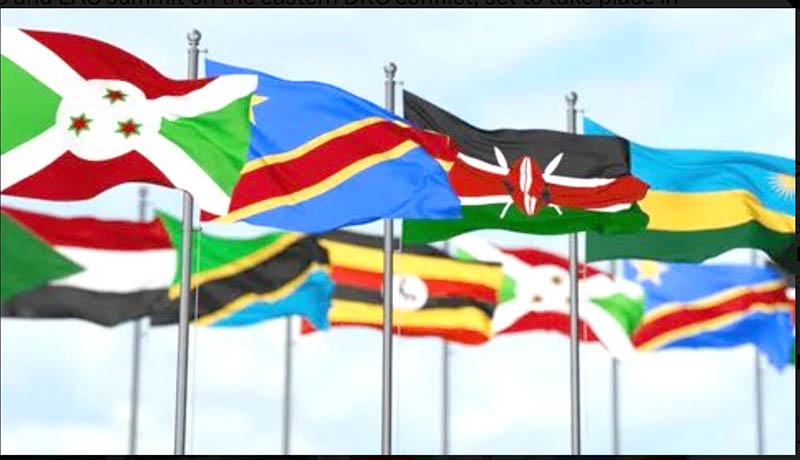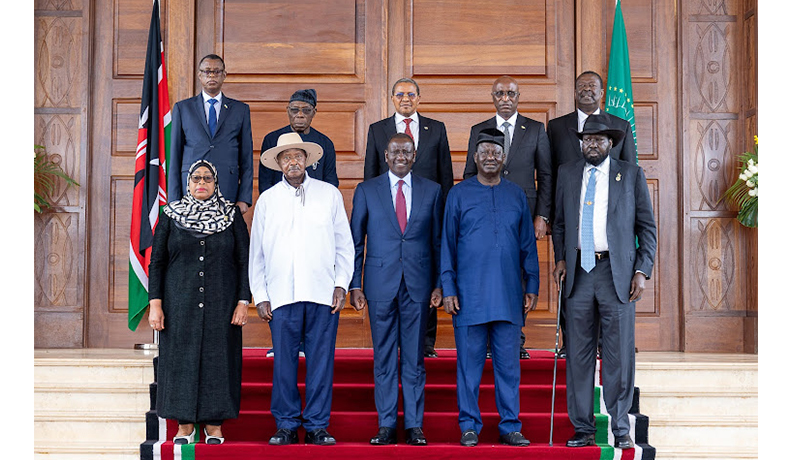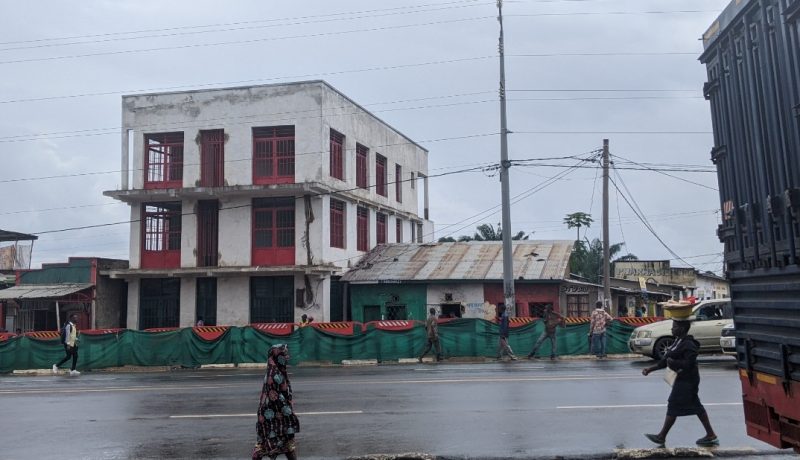Non-tariff barriers demanded by regulatory authorities in East Africa region contribute to increased cost of doing business along the region’s trade corridors, a new survey launched in Nairobi shows.
The survey by Transparency International Kenya and Trade Mark East Africa (TMEA) reveals that regulatory authorities in East Africa demand the highest amount of non-tariff barriers, from transporters and drivers along the transport corridors.
« By reducing or eliminating tariffs and working to minimize non- tariff barriers across the EAC, the governments in partner states can ease the flow of people and goods across borders, » Richard Sindiga, the Director of Economic Affairs in Kenya’s EAC Ministry, said during the launch of the report in Nairobi.
Mr Sindiga said the elimination of tariffs will create larger markets, enable economies of scale, and promote local, regional, and global trade, which, in turn, will foster a dynamic environment for economic growth across the entire region from which Kenyan and East African businesses will benefit.
« However, the problem of non-tariff barriers in the EAC is widespread and requires joint effort to eliminate them, » Mr Sindiga said adding the Kenyan government was doing everything possible to eliminate the barriers but also conceded that the war is far from being won.
He said the ministry is finalizing a survey to find out, why Non Tariffs Barriers (NTBs) persist even after the council of ministers had directed partner states to eliminate them and also get the opinion of the stakeholders on what could be done to eliminate the persisting NTBs.
TradeMark East Africa Director of Private Sector and Civil Society Lisa Karanja said regional integration is gaining pace but existence of non-tariff barriers continues to be a deterrent in the full implementation of the various protocols.
« TMEA commissioned this study with a view to enhance the advocacy for the elimination of non-tariff barriers. We expect a comprehensive dialogue between state and non-state actors to address the key issue highlighted by this report, » Karanja said.
« A resolution of the identified issue will lead to a more competitive business environment which will result in increased trade and ultimately prosperity for East Africans, » he added.




















